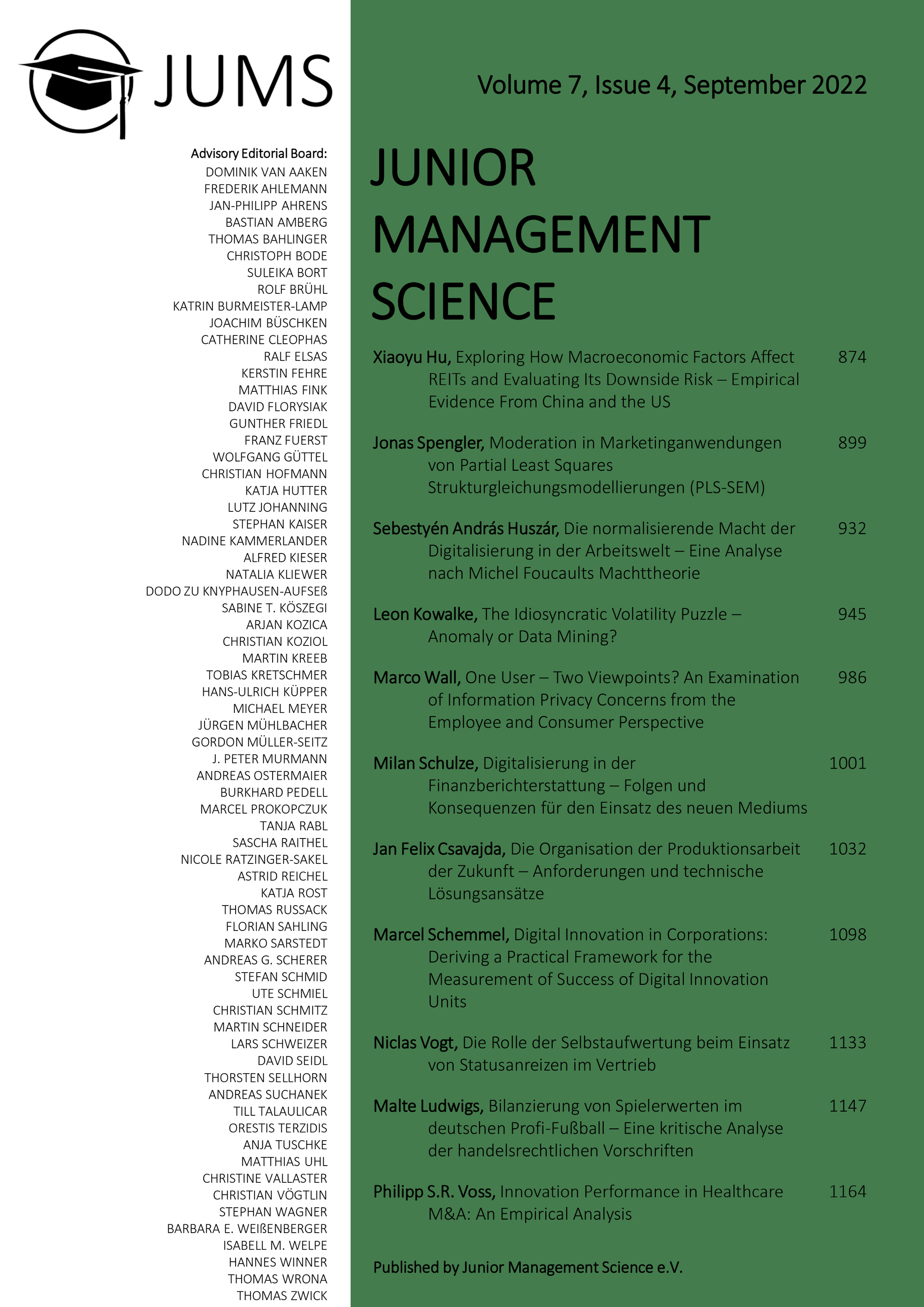Abstract
Real Estate Investment Trust (REIT) is considered as a financial instrument operated and managed by professional management teams based on a range of income-producing real estate. The focus of this thesis is on publicly traded equity REITs. There are four research questions that this thesis attempts to answer. How did REITs develop in the United States (US)? What are the critical factors that incentivized the Chinese government to promote REITs, and what is the progress? Are REITs a good hedge against macroeconomic risk factors? How can the downside risk of REITs be evaluated? To begin, the first two questions have been answered using the literature review methodology. The VAR model is constructed to evaluate the relation between the REIT market and macroeconomic factors. Ultimately, downside risk of REIT market is assessed by the GARCH(1,1)-VaR model based on the student’s t-distribution.
Keywords: Equity REITs; Macroeconomic risks; VAR; VaR; GARCH(1,1).

This work is licensed under a Creative Commons Attribution 4.0 International License.
Copyright (c) 2022 Xiaoyu Hu

